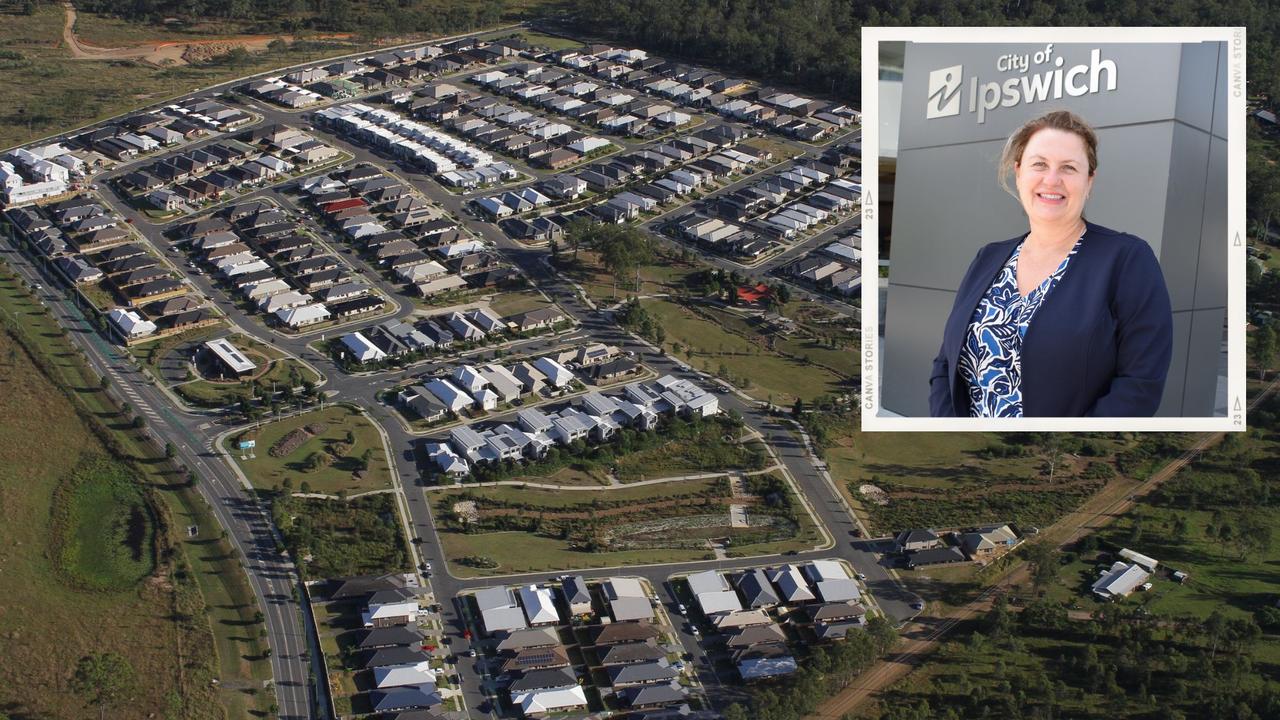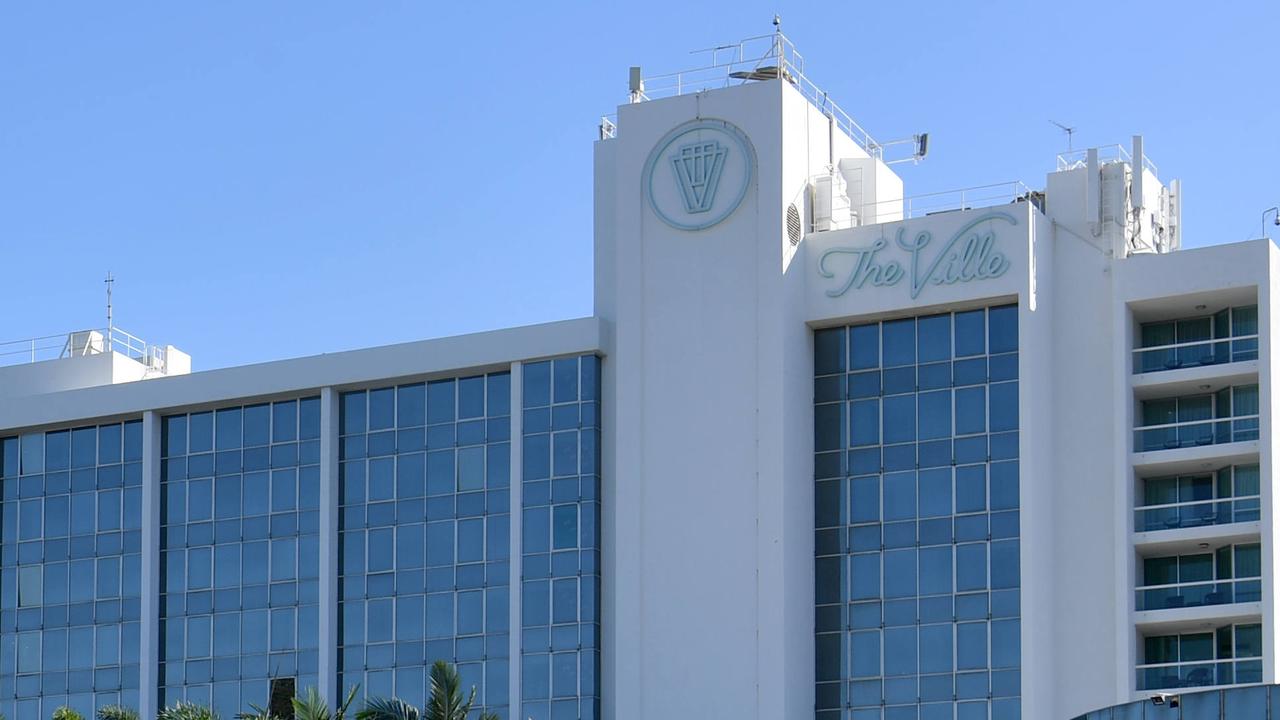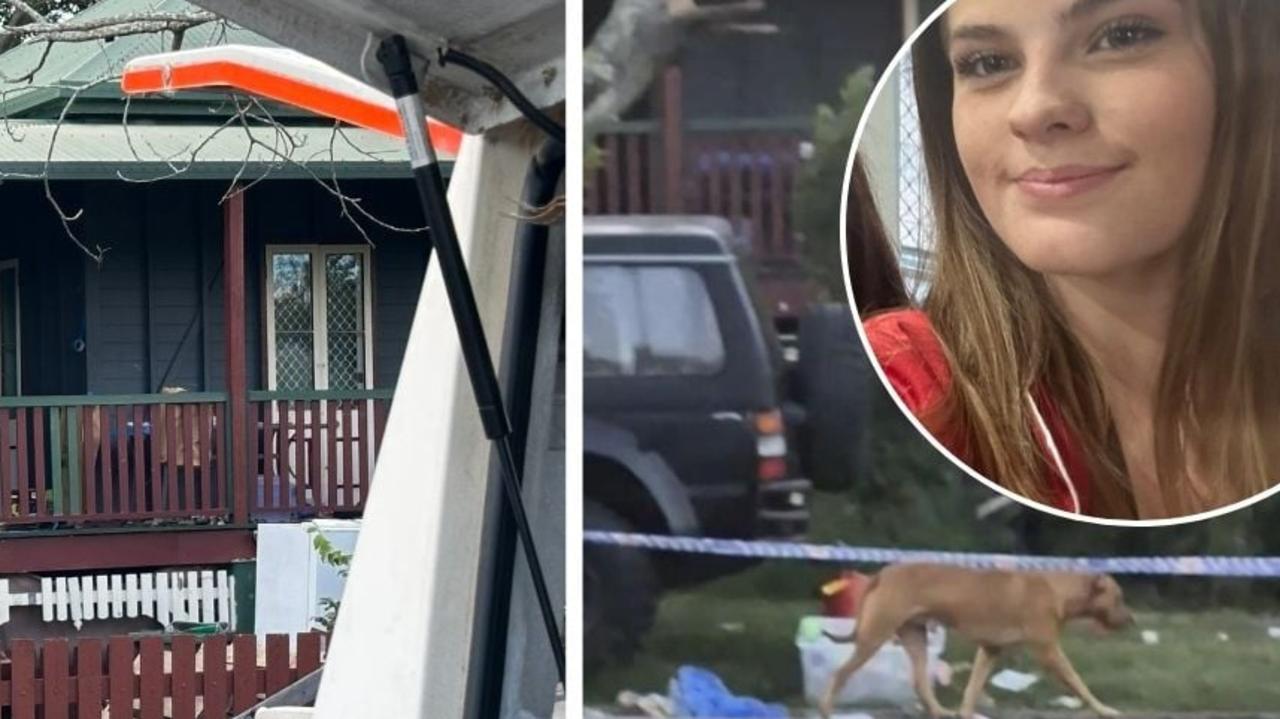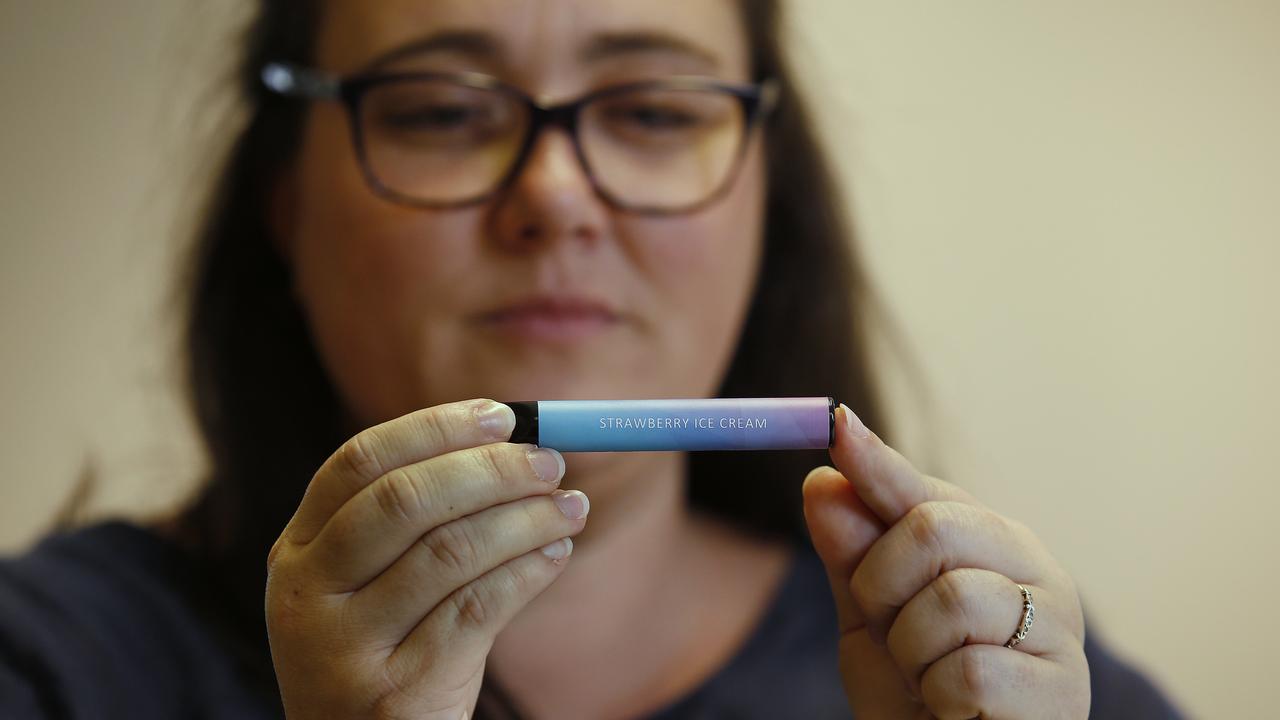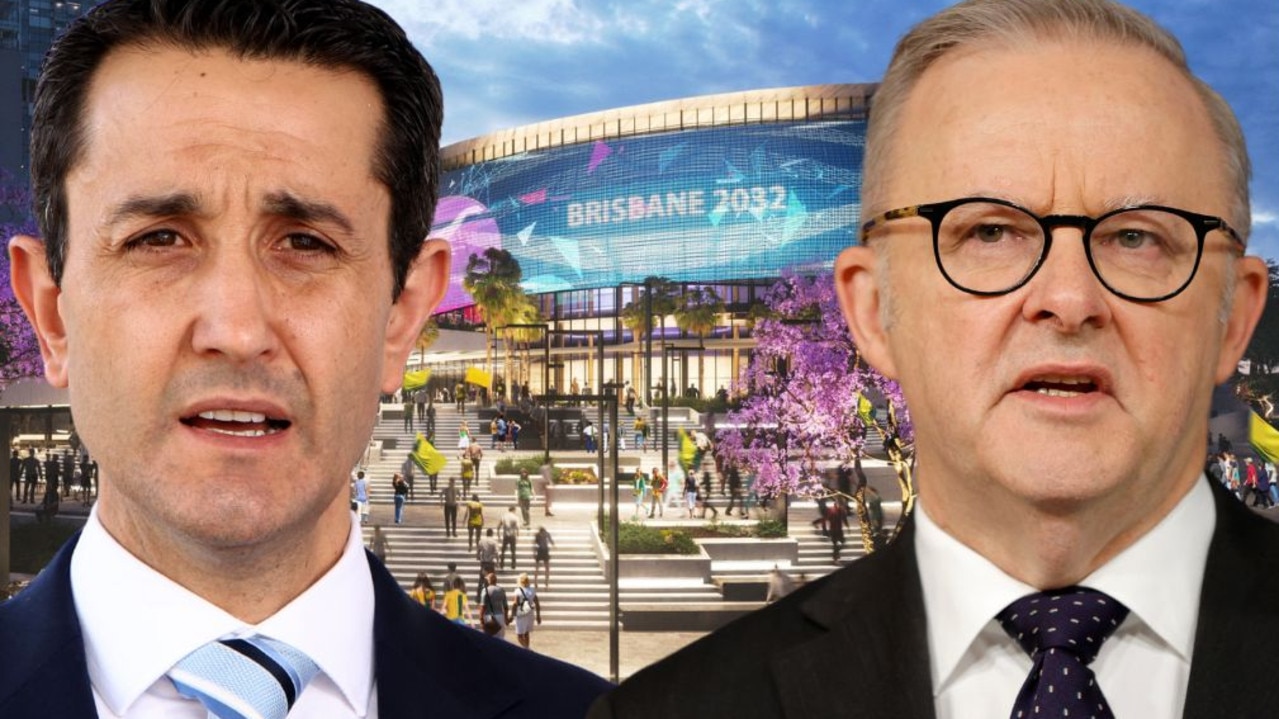Revealed: State’s plan to open gas fields won’t slash power prices
Premier David Crisafulli has insisted opening Queensland’s gas fields will reduce electricity bills, but experts reveal a key reason why that won’t happen. HAVE YOUR SAY
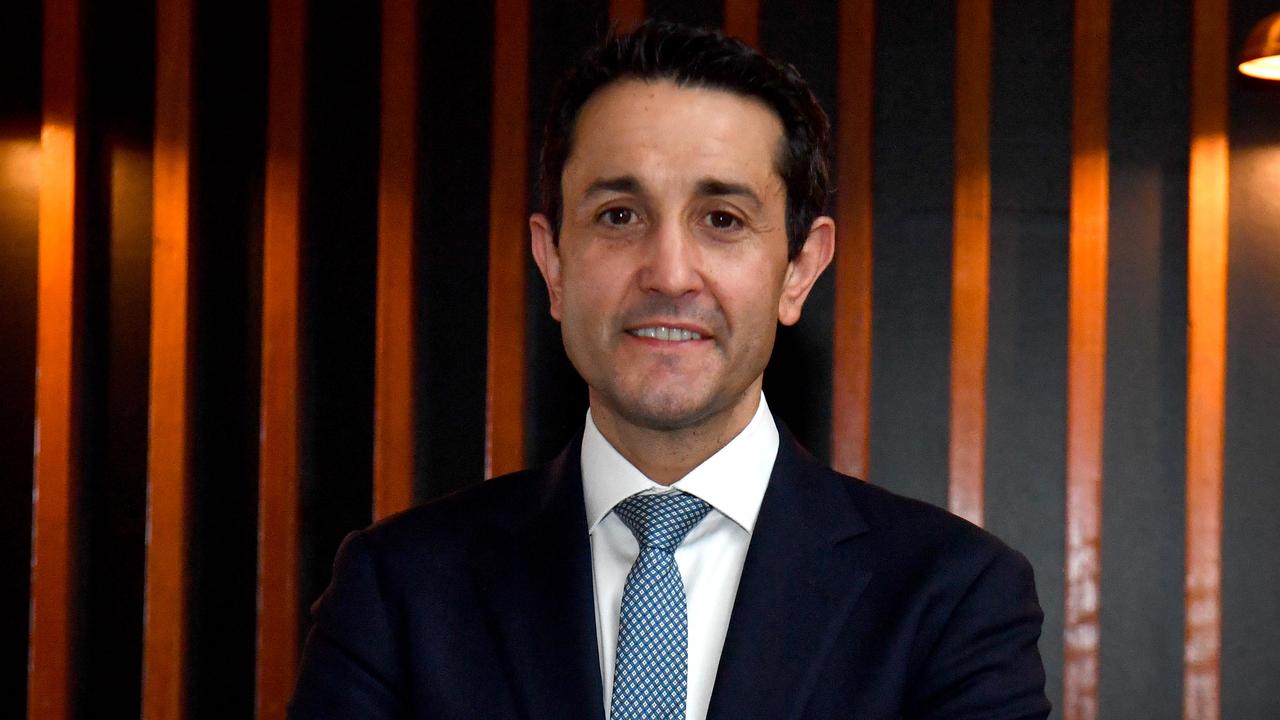
QLD News
Don't miss out on the headlines from QLD News. Followed categories will be added to My News.
Throwing open Queensland’s gas fields won’t necessarily bring down power prices, economists warn, despite Premier David Crisafulli insisting it “categorically will”.
The government’s move to unlock nine gas areas across the state has also drawn fire from conservation groups, who called it shameful and misleading, claiming most of the gas will be exported — not used domestically.
Independent economist Saul Eslake said electricity prices would not fall in Queensland if the bulk of the state’s gas continued to be sold overseas.
“If all of it goes overseas, it can’t affect the balance between domestic demand and domestic supply, in which case it won’t have any impact on prices,” Mr Eslake said.
“It can only have an impact on … slowing the rate at which they go up if there is an increased supply to the domestic market.
“Otherwise, nothing changes.”
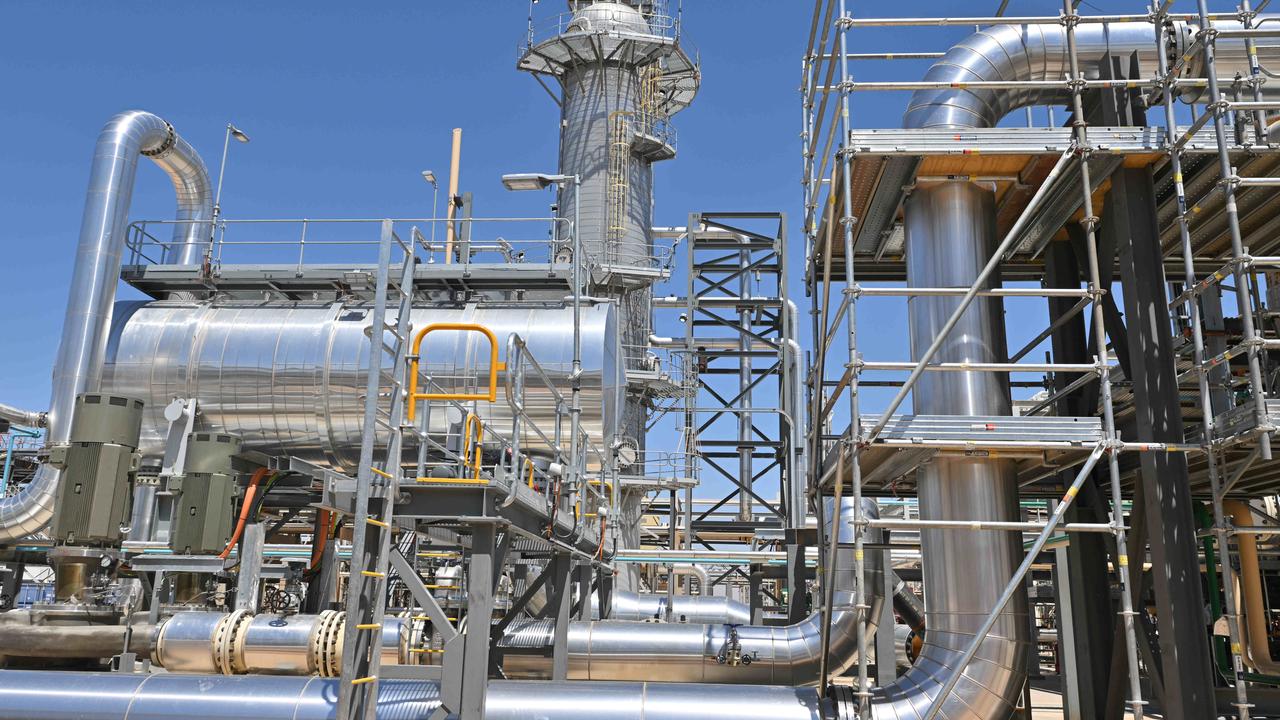
Mr Eslake said a gas reservation policy such as Western Australia’s, or mandating a percentage of gas be sold domestically, would be more effective.
While Resources Minister Dale Last said two of the nine tenders would be set aside for domestic supply, Mr Eslake said that wouldn’t be enough if the remaining blocks were larger and geared for export.
“Ultimately if only two little ones and seven bigger ones end up being all for export then not much will have changed,” he said.
Australian Industry Group’s director of climate change and energy Tennant Reed said the move might help prevent further price hikes, but not reduce prices.
“It’s a little hard to solve this local supply problem one piece at a time, rather than with a comprehensive solution,” Mr Reed said.
“It’s no shade thrown at successive iterations of Queensland for the tool they’ve tried to use, but it does need a market-wide solution.”
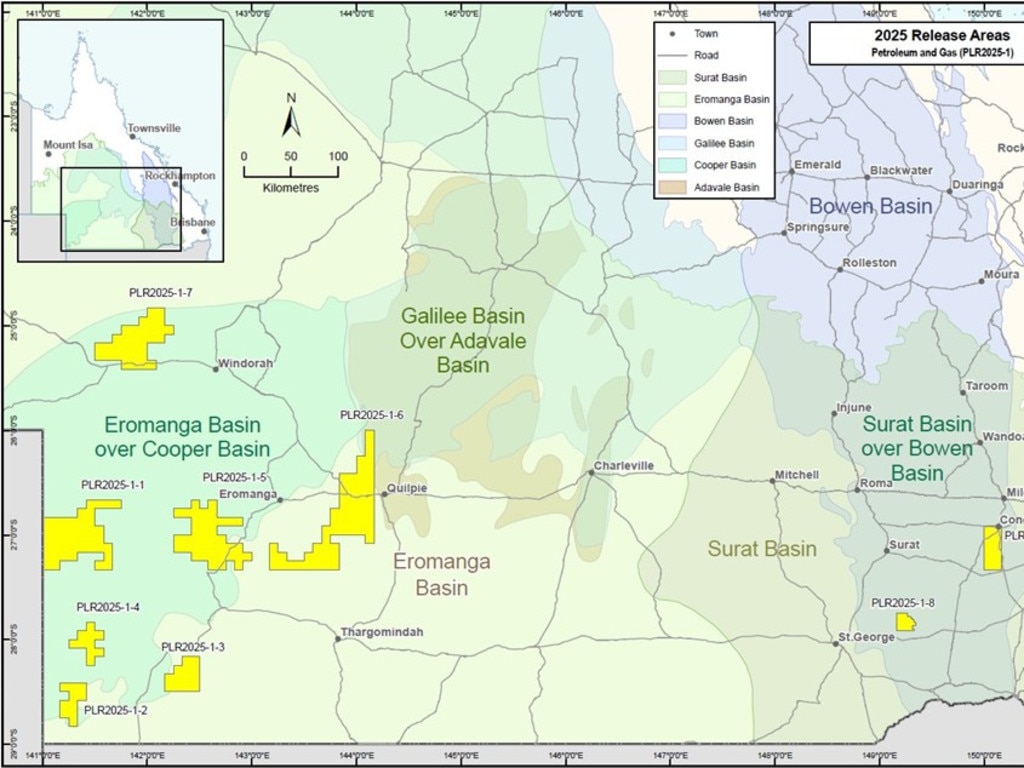
After meetings with gas company bosses, Mr Last said the parcels could generate millions for the Queensland Treasury, adding to the $1.7bn a year the industry pays in royalties.
He confirmed the two Surat Basin blocks, totalling 1000sq km, would be subject to the Australian Market Supply Condition, requiring gas to be used domestically.
But he ruled out domestic mandates for the remaining 15,000sq km in the Cooper/Eromanga basins, and did not confirm if tenders favouring domestic supply would be prioritised.
“There’s certainly our intention to open up more areas,” he said.
Australian Energy Producers CEO Samantha McCulloch said the scale of supply was still unknown.
“The importance of releasing the parcels is so industry can get out there and identify how much gas is there, and the most appropriate way to develop that gas,” she said.
Queensland Conservation Council director Dave Copeman called it bad policy and dangerous.
He was concerned the state government expanded gas exploration the same week it cancelled a Central Queensland wind farm application.
“It will not drive down prices because it will be set at the global price market,” he said.
Originally published as Revealed: State’s plan to open gas fields won’t slash power prices


